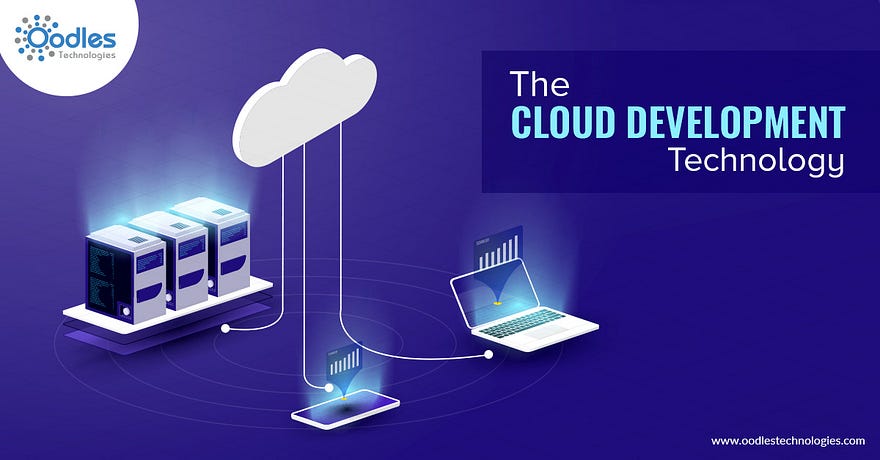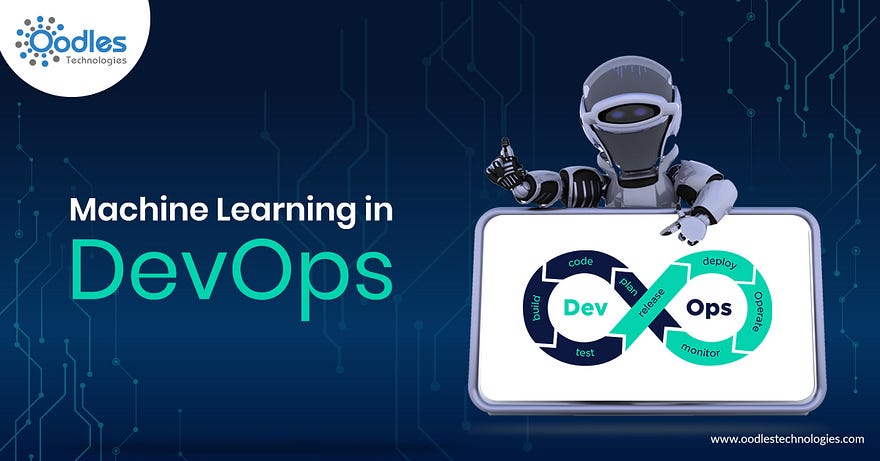Internet of Things [IoT], Blockchain, and, Artificial Intelligence [AI] are the strong drivers of an organization that are stepping into the digital transformation era.
Here is a quick rundown of these innovative technologies’ influence in businesses to bring the required competitive advantage to stay in the global market space.
Today, organizations have realized the influence of digital transformation to stay in the business. Advancement of digital space is needed in every sector not as a competitive advantage, but as a basic necessity. In fact, they are pushed to re-engineer their existing processes by using the key technologies like Big data, Analytics, Artificial Intelligence [AI], Internet of Things [IoT], Blockchain, and, etc.
Let’s understand the three driving technologies like Blockchain, Internet of Things, and, Artificial Intelligence over here.
Blockchain Technology:
The Blockchain is one of the breakthrough technologies that has already infiltrated in the transactional environment and actively wiping off the middlemen’s role. It facilitates the transaction between the businesses or the people over the Internet.
The transactions may include digital assets, codes, cryptocurrencies [Bitcoin], and, etc.
Though it was initially associated with Bitcoin and adopted by the financial institution, today we find the technology in tradings, travel insurance, logistics, energy management, data analytics, and, etc.
To be simple in describing the technology, it is akin to a ledger. It is a chain of datasets grouped into containers called the blocks. These linked blocks are secured with cryptography technologies so that the authenticated users can alone edit [only the part owned by them] and are updated as the transactions occur.
“We really see this as transformative in the same way that the Internet changed communication,” says Marie Wieck, general manager for blockchain at IBM, which has more than 1,500 staff members working on the technology.
A recent World Economic Forum report predicts that by 2025, 10 percent of GDP will be stored on blockchains or blockchain-related technology.
In India, it is anticipated that the blockchain adoption streamlines the transaction process and transform India’s economy to all good. It is high time that we embrace the technology to derive the benefits.
Artificial Intelligence [AI]:
Artificial Intelligence systems mimic the human brain to a greater extent. It utilizes the patterns to logically perceive and analyze the situation rationally.
This cognitive technology is capable of processing the data in large volumes derived from sensors, social media, applications online, and, etc. It extracts the pieces of information, assembles them, incorporates machine learning in order to make a rational and valuable decision.
In simple words, the implementation of the technology could be compared to as having a personal assistant.
Gartner says that AI technologies will be “virtually everywhere” over the next 10 years, but it will be open to the masses rather than being purely commercial.
Artificial Intelligence is getting implemented in mobile space, food industry, beverage industry, logistics, and more. It readily uses the built-in intelligent systems as in ERP solutions, predictive analysis to manage the supply chain, and, etc.
It is anticipated that the Artificial Intelligence will be used in cyber attacks, cyber security, marketing, sales, banking, healthcare, eradicate biases in the corporates sector, enhance the user experience by creating a fluid experience for the end users, and so forth.
The expectations are more and seem to be realistic amidst the challenges and assumptions that it replaces the human capital. Indeed, it will not replace the human, though the certain industry may reduce the manual work. It is there to augment the human job processes in a better manner.
In India, the 2018 budget clearly indicates the Government’s investment and promotion for research in AI and Robotics as a part of smarter ‘Digital India’ empowerment.
The AI Task force focuses on AI-led developments in the verticals like Agriculture, Education, Manufacturing, Environment, Healthcare, Financial Services, National Security and Defense, and, etc.
Uses of AI could be realized only if the employees are aware of its ecosystem apart from its functions. Fostering the culture of innovation would help the organizations to identify the solutions and utilize them for better improvement.
Internet of Things [IoT]:
The Internet of Things [IoT] connects the devices like the smartphones, wearable devices, home appliances [washing machine, refrigerator], surveillance cameras, sensors, and, etc. These are able to communicate and transfer the data without human intervention over the network.
This technology indeed is disruptive helping the human beings to manage the appliances and derive insights for business interests from the system derived data regarding products, solutions, and, other business opportunities.
In simple words, IoT is nothing but the ‘things’ that are connected to the Internet.
CXOs today have realized the business value of IoT implementation, and are aggressively planning to deploy them successfully in the next 24 months.
In India, about three-fifths of the enterprises have already deployed IoT.
If we consider the evolution of the market, IoT is getting pushed and influenced by its security, edge computing, and, blockchain.
There is an urgent need for network security and security analytics in IoT as multiple devices are getting connected. Moreover, IT is spending on edge infrastructure owing to converged IoT systems reducing the time to data evaluation. And, blockchain could be leveraged to IoT for cost cuttings, secure transactions, and diminished settlement time.
The Final Note:
It is evident that data is driving the digital world today. And, the data is influenced by not one technology alone, but a myriad of innovative technologies.
It involves the IoT, Big Data, Machine Learning, Artificial Intelligence, or the mobile devices coupled together in order to deliver supportive actions based on logical predictions.
It is important for the forward-thinking companies to determine the investment cost and its returns, have an open mindset for absorbing technologies and understand the challenges when IoT, cognitive technologies, and/or the blockchain are implemented in a real scenario.
Read more info at — https://www.oodlestechnologies.com/blogs




